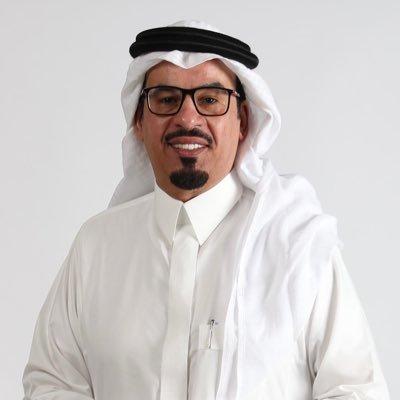
Much has been said and written since the signing of the agreement between Saudi Arabia and Iran, thanks to Chinese “mediation and sponsorship,” as Saudi Foreign Minister Prince Faisal bin Farhan put it in his interview with Asharq Al-Awsat on Monday.
Given the distortions of propaganda, these reactions are natural. It is what I always call an attempt to demonize Saudi Arabia, which is quite strong. We should keep in mind, however, that Riyadh and Tehran negotiated this deal for over two years, as Prince Faisal told my colleague Zaid bin Kami.
Saudi Arabia was neither equivocal nor unpredictable. Since the AlUla Declaration led by Crown Prince Mohammed bin Salman, and the subsequent Saudi-American and Saudi-Chinese summits, the Kingdom has been clear.
Riyadh made a clear and unambiguous decision. It seeks development and reform. I have previously quoted here a senior Saudi official as saying that Saudi foreign policy is based on “development … development … development. We will not waste time and money on useless wars.”
Many heard similar statements in the United States and the West. At one point, a senior European official visiting Riyadh was told that Saudi Arabia does not take sides, but “did you bother to inquire into our stance, as the Russians and others have done?” Thus, the key to understanding Saudi policy is easy to see if one takes some distance from the distortion aimed at blackmailing the Kingdom.
A few days ago, for example, two revealing stories about Riyadh and Tehran emerged in the press. The first is that Riyadh intends to buy 80 787 Dreamliners from Boeing. The decision was made after Crown Prince Mohammed announced the establishment of the Riyadh Air company. In fact, Riyadh announced on Tuesday that it had bought 72 planes from the company.
The second, whose details remain shrouded in controversy (though it has been stated by the Iranian foreign minister), is that Tehran has reached an agreement on the release of US prisoners in Iran in return for Washington freeing up Iranian money, with claims that it might be deposited in Qatar to be used to purchase medicine and food.
Reading these two reports gives one a clear picture, as things are revealed by their opposites, as they say. Reading them also helps one understand where Riyadh is starting off in terms of development, and where Tehran finds itself as it searches for a way out, by any means necessary, of the existential crises that have been building in the country.
Prince Faisal put it bluntly during his interview that this agreement “does not mean that an agreement to resolve all the unsettled disputes between our two countries has been reached. Rather, it underscores by both sides’ determination to resolve disputes through communication and dialogue.”
He added: “Saudi Arabia will continue to take the path of de-escalation, which it has chosen because of its sense of responsibility in bolstering regional and international security and stability… We, in the Kingdom, hope to open a new chapter with Iran and bolster cooperation, which would consolidate security and stability, as well as propel development and prosperity, not just in both our countries, but the entire region.”
In conclusion, many have failed to comprehend, because of the distortions of extortionist propaganda, that Saudi Arabia has its eyes on development and that it makes its decisions independently and pragmatically. Real change is underway in Saudi Arabia, and this has been obvious since the AlUla Declaration led by Crown Prince Mohammed bin Salman.








